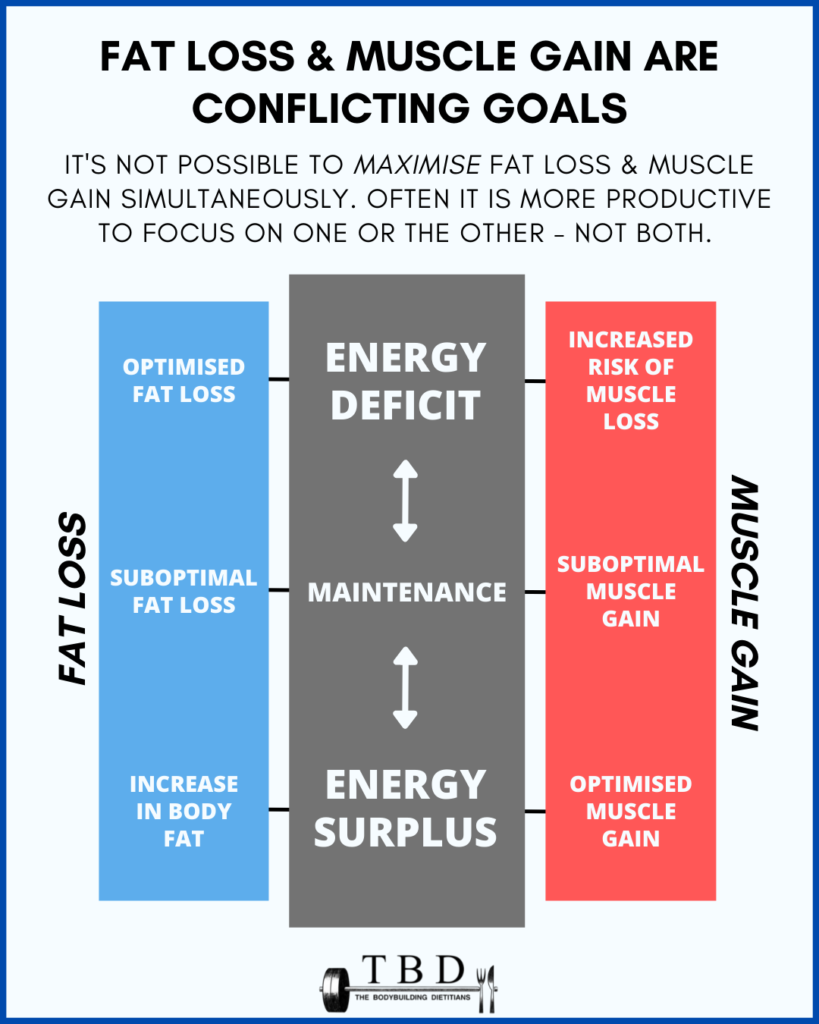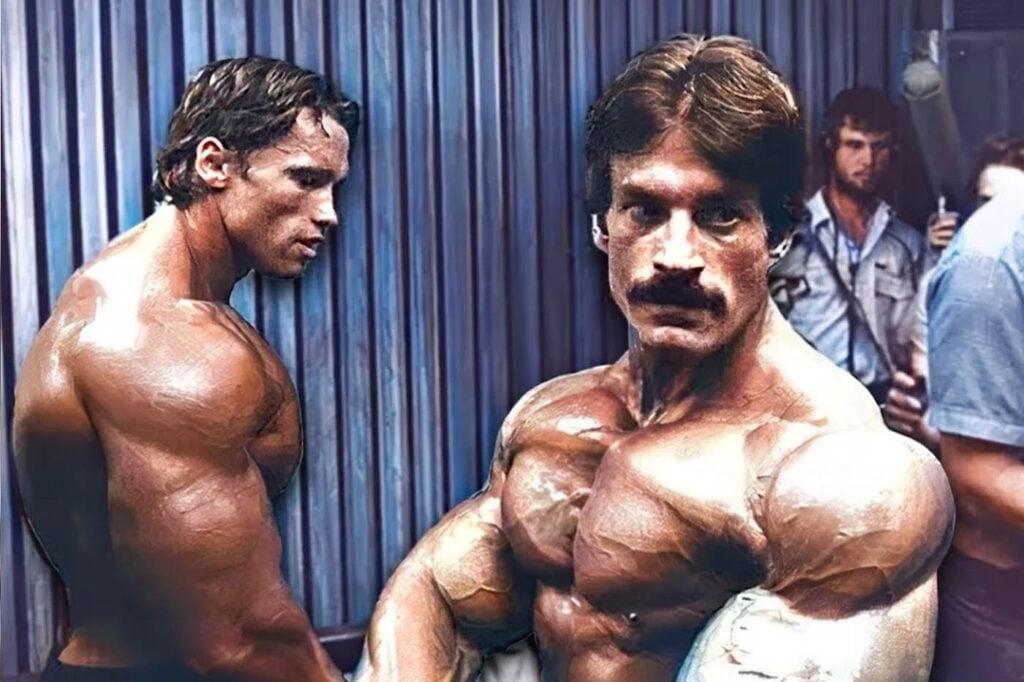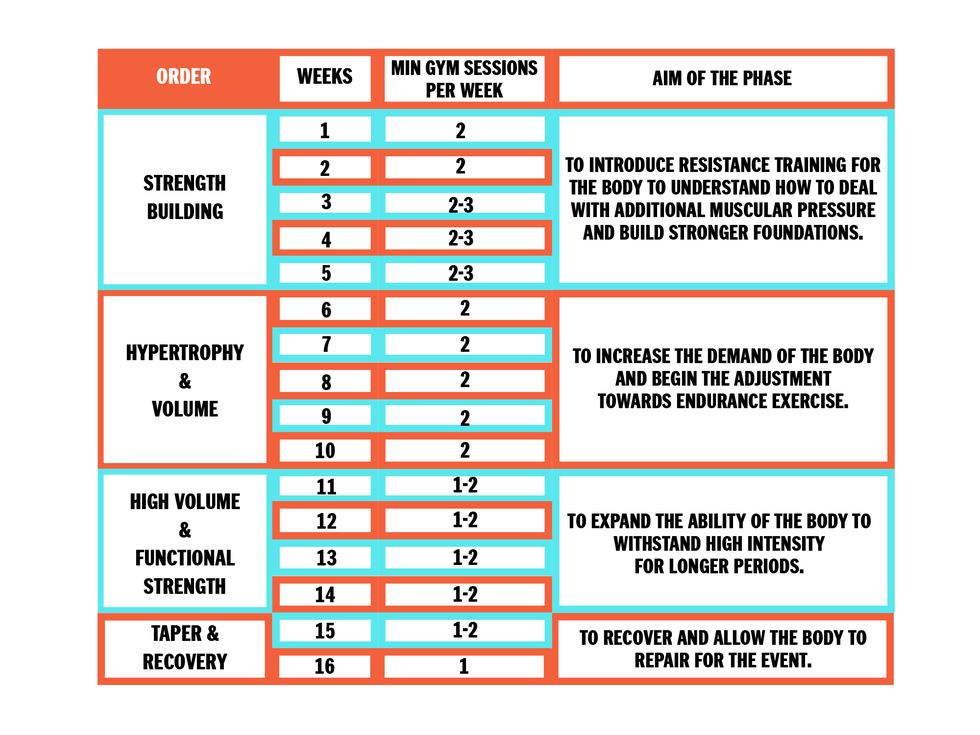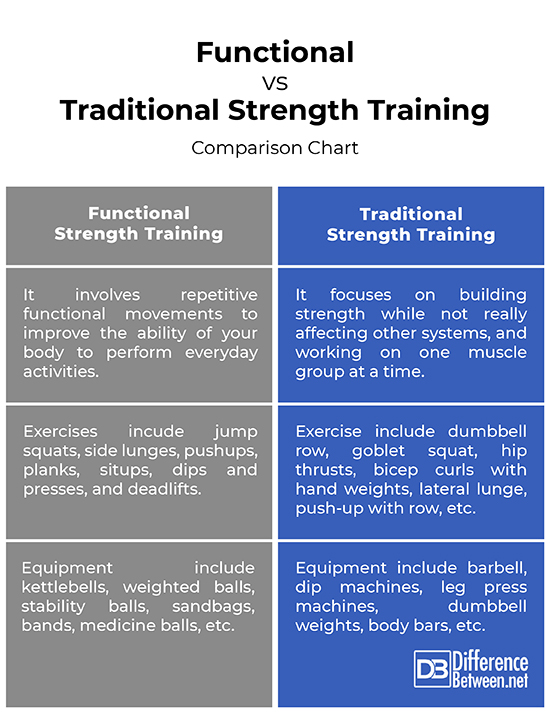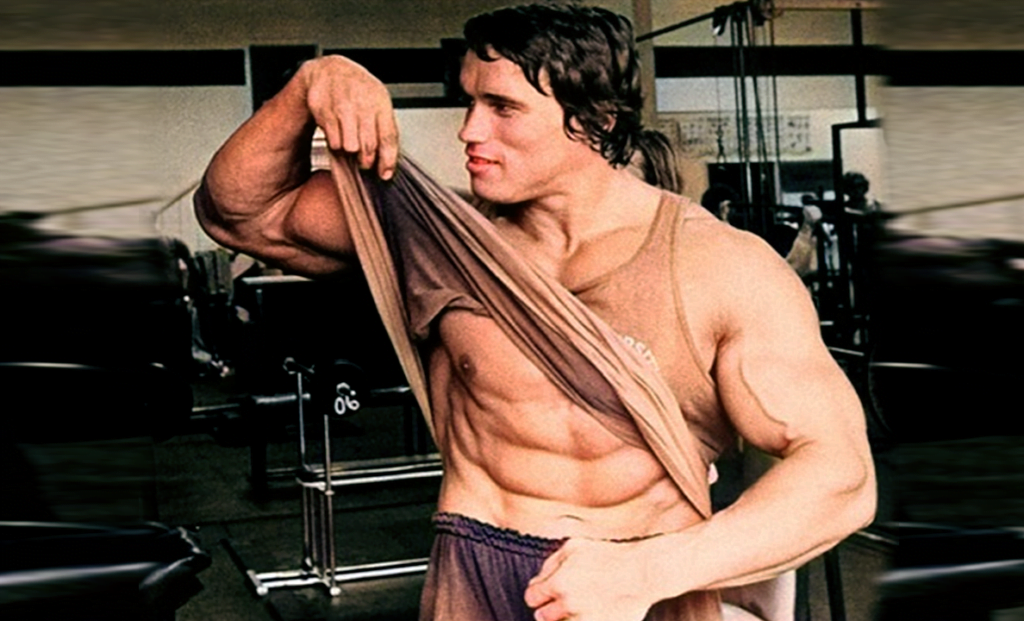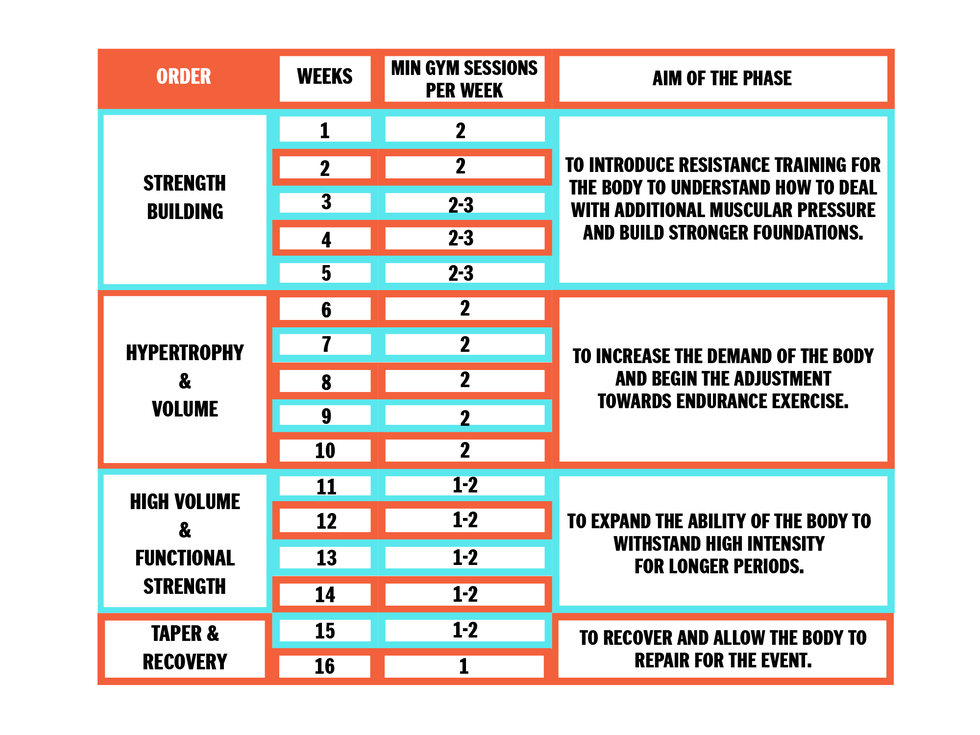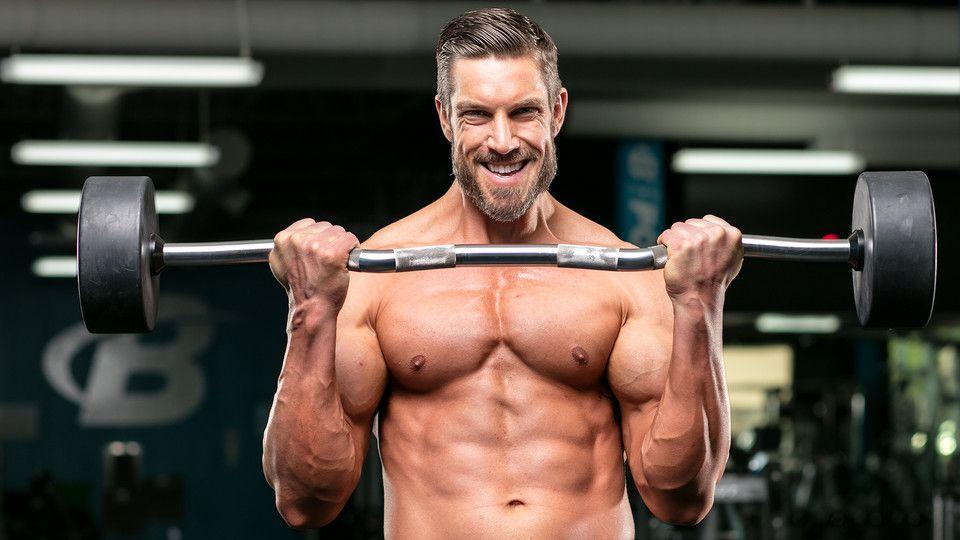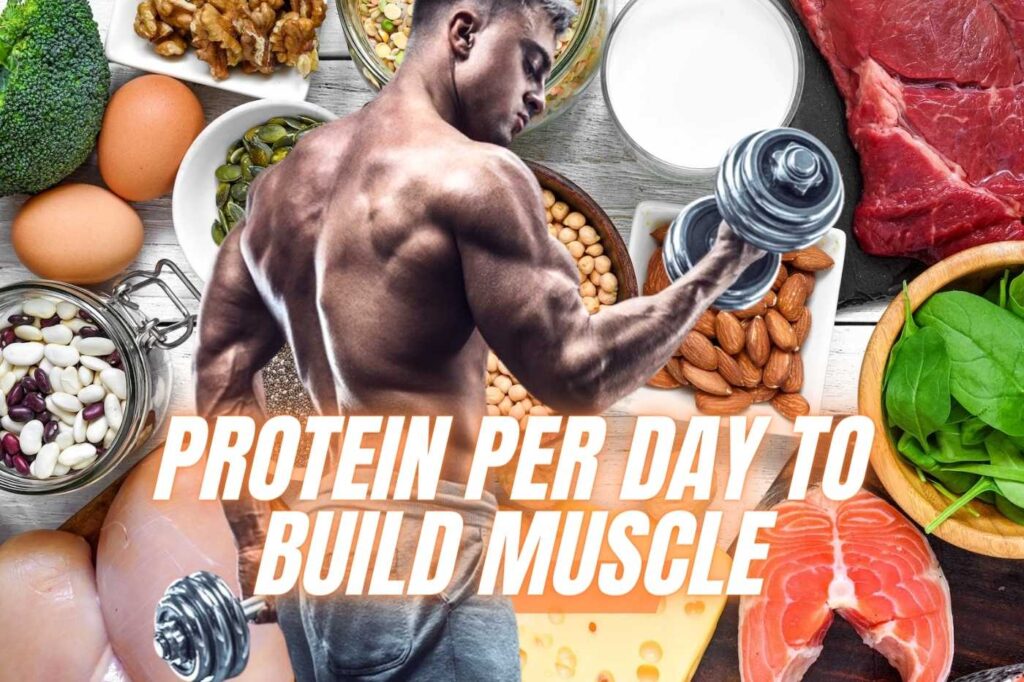Muscle building focuses on increasing muscle mass, while weight loss aims to reduce body fat. Both require different approaches.
Muscle building and weight loss are two distinct fitness goals. Muscle building involves strength training and a high-protein diet to promote muscle growth. It emphasizes lifting weights and consuming more calories than you burn. Weight loss, on the other hand, focuses on creating a calorie deficit to shed excess fat.
This often involves a combination of cardiovascular exercises and a balanced, lower-calorie diet. Understanding the differences is crucial for setting realistic fitness goals and achieving them effectively. Whether you aim to bulk up or slim down, your approach will significantly impact your results. Prioritize proper nutrition and tailored workouts to meet your specific objectives.
Credit: www.businessinsider.com
Goals And Objectives
Building muscle aims to increase strength and size. This involves lifting heavy weights. Eating a high-protein diet helps. Consistency is key for muscle growth. Rest is important for recovery. Tracking progress is crucial.
Weight loss focuses on reducing body fat. This involves eating fewer calories. Cardiovascular exercises burn calories. A balanced diet with veggies is important. Staying active boosts metabolism. Keeping a food diary helps track intake.
Nutritional Strategies
Protein is key for muscle gain. Eat foods like chicken, eggs, and beans. Carbs give you energy for workouts. Choose whole grains and fruits. Healthy fats are also important. Avocados and nuts are good options. Drink plenty of water. Stay hydrated for better performance. Eat small meals throughout the day. This helps with muscle growth.
Cut down on sugar and junk food. Focus on whole foods like vegetables and lean meats. Portion control is very important. Smaller plates can help. Drink lots of water to stay full. Avoid sugary drinks. Fiber helps you feel full longer. Eat more beans, whole grains, and vegetables. A balanced diet with a mix of nutrients works best.
Workout Plans
Strength training helps build muscles. Lift weights or use resistance bands. Start with light weights. Gradually increase the weight as you get stronger. Focus on major muscle groups like chest, back, and legs. Do 3 sets of 8-12 repetitions. Rest for 1-2 minutes between sets. Strength training burns calories and boosts metabolism.
Cardio workouts help with weight loss. Running, cycling, and swimming are great options. Try to do at least 30 minutes of cardio. Aim for 3-5 times a week. Mix in high-intensity intervals to burn more fat. Cardio improves heart health and endurance. Combine cardio with a balanced diet for best results.

Credit: www.fabulousphysiques.com.au
Supplementation
Protein powders are great for muscle growth. They help in repairing muscles after workouts. Creatine can boost strength and endurance. It helps in lifting heavier weights. Branched-Chain Amino Acids (BCAAs) are also important. They support muscle recovery and reduce soreness. Beta-alanine can delay muscle fatigue. It helps in doing more reps. Omega-3 fatty acids reduce inflammation and support muscle health.
Green tea extract boosts metabolism. It helps burn more calories. Caffeine increases energy and promotes fat burning. CLA (Conjugated Linoleic Acid) can reduce body fat. It helps in maintaining lean muscle mass. L-Carnitine aids in fat metabolism. It converts fat into energy. Fiber supplements can control appetite. They make you feel fuller longer.
Recovery And Rest
Sleep is vital for muscle recovery. During sleep, the body repairs muscle tissues. Quality sleep helps in weight loss too. It balances hormones that control hunger. Lack of sleep can cause muscle loss and weight gain. Aim for at least 7-9 hours of sleep each night. Make sleep a priority for better results.
After a workout, muscles need time to heal. Rest days are crucial for muscle growth. Overtraining can lead to injuries and fatigue. Take at least one or two rest days each week. Drink plenty of water to stay hydrated. Eat protein-rich foods to help muscles repair. Stretching after workouts can also aid in recovery.
Mental Approach
Building muscle needs a strong commitment. Stay focused on the goal. Patience is key. Progress takes time. Stay consistent with workouts. Eat enough protein. Rest is also important. Believe in yourself. Track your progress. Celebrate small wins. Stay motivated through challenges.
Losing weight requires a clear plan. Set realistic goals. Consistency is crucial. Make healthy food choices. Exercise regularly. Stay positive. Don’t get discouraged by slow progress. Track what you eat. Celebrate small achievements. Surround yourself with supportive people. Believe in your ability to succeed.
Common Mistakes
Skipping warm-up exercises is a big mistake. Muscles need to be prepared for heavy lifting. Lifting weights that are too heavy can cause injuries. Always choose a weight you can control. Eating too little can slow muscle growth. The body needs enough calories to build muscle. Ignoring rest days can lead to overtraining. Muscles need time to recover and grow stronger. Focusing only on one muscle group can create imbalances. Work on all muscles for a balanced body.
Skipping meals can make you hungrier later. This might lead to overeating. Avoid relying on fad diets. They might not provide all necessary nutrients. Not drinking enough water can affect metabolism. Water helps in burning calories. Exercising too little will not burn enough calories. Consistent activity is key to losing weight. Ignoring sleep can slow weight loss. A rested body burns more calories. Not tracking progress can be discouraging. Celebrate small victories to stay motivated.
Measuring Progress
Use a tape measure to track muscle growth. Measure your biceps, chest, and thighs. Write down the measurements. Take photos every month. Compare the photos to see changes. Notice how your clothes fit. If they feel tighter, you might be gaining muscle. Keep a workout journal. Record the exercises and weights used. See if you lift heavier weights over time. This means your muscles are growing.
Step on a scale once a week. Write down your weight. Notice if the numbers go down. Track your body measurements. Measure your waist, hips, and arms. Write down these numbers. Compare them every month. Look at how your clothes fit. If they feel looser, you might be losing weight. Keep a food journal. Write down what you eat each day. Notice any changes in your eating habits. This helps in monitoring weight loss.
Long-term Sustainability
Keeping muscles strong helps the body in many ways. Muscle mass supports bones and joints. It also burns more calories even when resting. Eating enough protein is key. Regular strength training helps muscles stay big and strong. This training includes lifting weights or bodyweight exercises. Drink plenty of water to keep muscles healthy. Rest is also important for muscle repair.
Weight loss should be steady and safe. Rapid loss often leads to gaining it back. Balanced diets are crucial. This means eating fruits, vegetables, proteins, and healthy fats. Regular exercise helps keep the weight off. Walking, running, and swimming are good choices. Tracking progress can keep motivation high. Small rewards for reaching goals are helpful. Staying positive and patient is key.
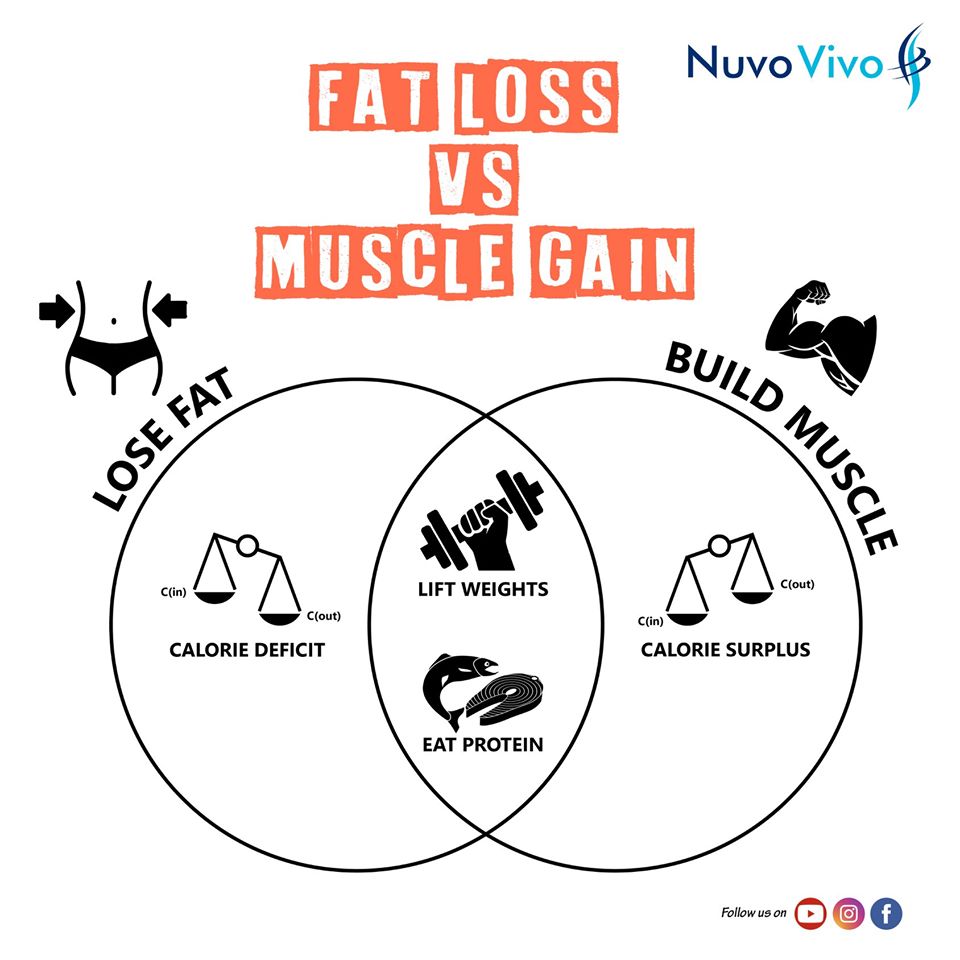
Credit: nuvovivo.com
Frequently Asked Questions
What Is More Important, Muscle Building Or Weight Loss?
It depends on your goals. Muscle building increases strength and metabolism. Weight loss improves overall health. Tailor your fitness plan accordingly.
Can You Build Muscle And Lose Weight Simultaneously?
Yes, it is possible with a balanced diet and proper exercise. Focus on high-protein foods and strength training.
How Does Diet Affect Muscle Building Vs Weight Loss?
Diet plays a crucial role. High protein aids muscle growth. Caloric deficit promotes weight loss. Balance is key for both goals.
What Exercises Help With Both Muscle Building And Weight Loss?
Compound exercises like squats, deadlifts, and bench presses help. They build muscle and burn calories. Combine with cardio for best results.
Conclusion
Balancing muscle building and weight loss requires a tailored approach. Focus on your specific goals and adjust your diet and workout routine accordingly. Understanding your body’s needs can help achieve optimal results. Stay consistent and patient on your fitness journey.
Remember, both goals are attainable with dedication and the right strategy.

